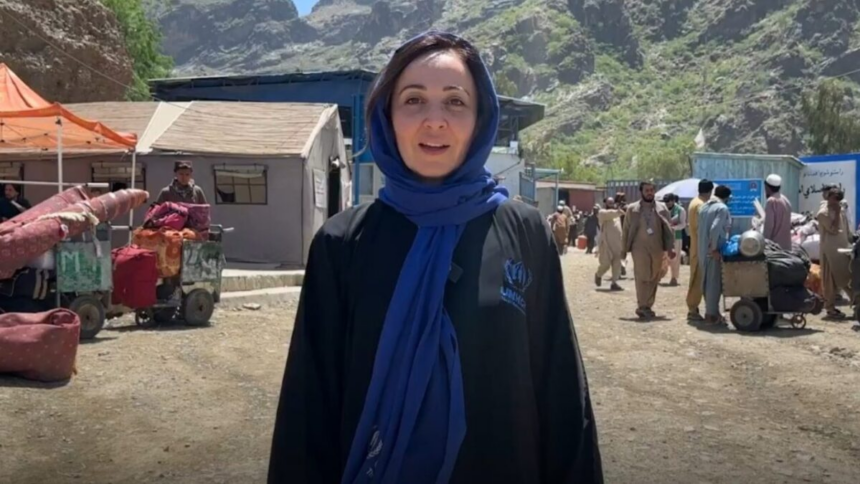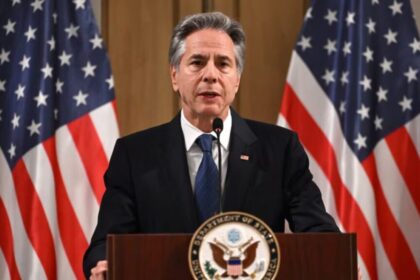RASC News Agency: Sophie Gambashvili Yuser, Director of the Protection Division at the United Nations High Commissioner for Refugees (UNHCR), has sounded the alarm over the worsening plight of Afghanistani refugees forcibly expelled from Pakistan. In her most recent video statement, Yuser confirmed that, on average, more than 3,000 Afghanistani nationals are being deported every day, with peak surges reaching up to 9,000 individuals in a single day. Most return with no more than the clothes on their backs, crossing into a country where infrastructure has collapsed, and where the Taliban regime offers neither reintegration mechanisms nor basic protections. “These returnees are being thrust into a situation of severe deprivation,” Yuser warned. “They urgently require shelter, healthcare, food, and legal support. Without immediate international assistance, their survival is at stake.”
Since April 1, more than 120,000 Afghanistani refugees have either been expelled or coerced into leaving Pakistan amid a nationwide crackdown targeting undocumented migrants. Many of these individuals had fled Afghanistan decades ago to escape war and instability; some were born and raised entirely in Pakistan, possessing no tangible ties to Afghanistan. Dozens of returnees particularly women, children, and the elderly have no command of local languages, no family support in Afghanistan, and no institutional safety net awaiting them upon return. The situation has drawn mounting concern from humanitarian agencies who point to the already catastrophic humanitarian conditions in Afghanistan under Taliban rule. Over 50 percent of the population relies on humanitarian aid for survival, while economic collapse, political repression, and a near-total absence of basic public services have rendered the country incapable of absorbing mass returnees.
Despite these challenges, Pakistan has intensified its deportation campaign, disregarding international appeals for a rights-based and humane approach. Observers argue that these expulsions amount to a de facto violation of non-refoulement, the principle under international law that prohibits returning individuals to a country where they face serious threats to life or freedom. UNHCR has mobilized emergency teams along the Afghanistan-Pakistan border to provide critical services such as legal counseling, psychosocial support, financial aid, and temporary shelter, in addition to efforts aimed at helping returnees reintegrate into local communities a daunting task in a country plagued by institutional collapse and Taliban-imposed restrictions.
However, Yuser issued a stark and urgent appeal: UNHCR’s funding is rapidly drying up, and without renewed financial commitments from donor countries, the agency will soon be unable to continue its operations at the necessary scale. “Our operational capacity is under immense strain,” Yuser emphasized. “The needs are overwhelming, and without increased international funding, we are on the verge of abandoning thousands of families to a future of hunger, statelessness, and despair.” She urged the international community to treat the crisis as more than just a regional migration issue. “This is not simply a border management problem. It is a humanitarian catastrophe, and it demands urgent global attention,” she said.
Meanwhile, the Taliban authorities have shown no willingness or capability to address the crisis. There has been no national reintegration policy, no allocation of resources for returning populations, and no recognition of their unique vulnerabilities. Instead, returnees face the same systemic neglect, economic exclusion, and political repression that have defined Taliban rule since their takeover. Human rights advocates warn that, without coordinated global action, the world risks abandoning an entire generation of displaced Afghanistani citizens to a life of poverty, trauma, and disenfranchisement punished not for crimes, but for their mere existence between two collapsing systems: a host state that has turned its back, and a homeland that no longer welcomes them.






